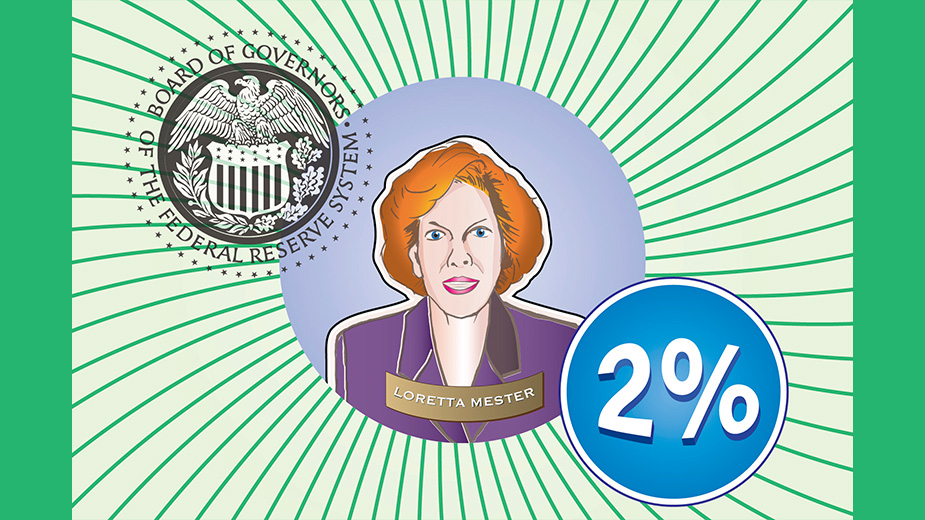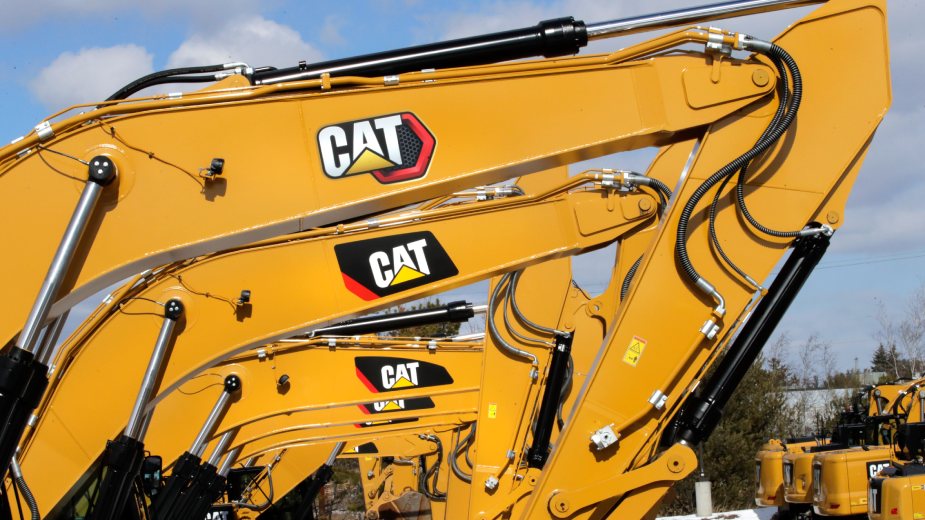KeyCorp Finds Companies under Economic Pressures
CLEVELAND, Ohio – To understand what impact current macroeconomic conditions and government policies have on the business environment, KeyBank surveyed 400 owners and executives of middle market businesses — defined as those in the $10 million to $2 billion range.
Warning bells are ringing for many middle market business leaders, the survey found. Despite the overall strength of the economy, the federal government’s trade policy continues to send ripples of tension throughout the private sector. Middle market businesses in particular are being riled by import and export tariffs, pointedly more so than last year at this time. Meanwhile, economic growth is slowing after a record-long expansion.
The gross domestic product growth rate hovered at an annual rate of 1.9% for the third quarter, falling short of the federal administration’s 3% goal. The data shows that while consumer spending remains robust, corporations are sharply pulling back. In an attempt to shrink a trade imbalance, curb intellectual property theft, and address other factors, the U.S. began imposing tariffs on China last year.
In September, the trade war heightened as a 15% tariff on $125B in Chinese imports was met with retaliatory tariffs from China on $75 billion in U.S. goods. Then, in October, the U.S. broadened the trade war, setting tariffs on up to $7.5 billion of European goods including aircraft, food, and beverages.
With more tariffs set to hit Dec. 15, American businesses are bracing for impact, according to the survey.
As a resullt, middle market companies are beginning to curtail investment. Commerce Department data in October showed business investment has declined for six straight months, falling 3% in the third quarter, the largest drop since the end of 2015.6 Supporting these figures, 69% of the surveyed middle market executives that are experiencing an adverse effect from the federal trade policy and the resulting economic uncertainty say they’ve reduced their business investment plans.
The survey looked at where firms are reducing investment: equipment purchases (61% of respondents), staffing expansions (43%), and facility renovations (43%) are bearing the brunt. Middle market business owners appear to be hunkering down for a recession by slowing expansion in favor of more critical operating needs. In addition to restraining investment, firms are also implementing other cost-savings measures.
A large share of the businesses surveyed have raised prices, reduced profit margins, or cut costs by using cheaper materials or components, trimming overhead, or reducing staffing. And, as they did in 2018, nearly half of those negatively impacted by tariffs have passed the additional costs of tariffs along to their customers rather than absorbing them.
CLICK HERE to download the complete KeyBank Middle Market Business Sentiment Report.
Copyright 2024 The Business Journal, Youngstown, Ohio.



